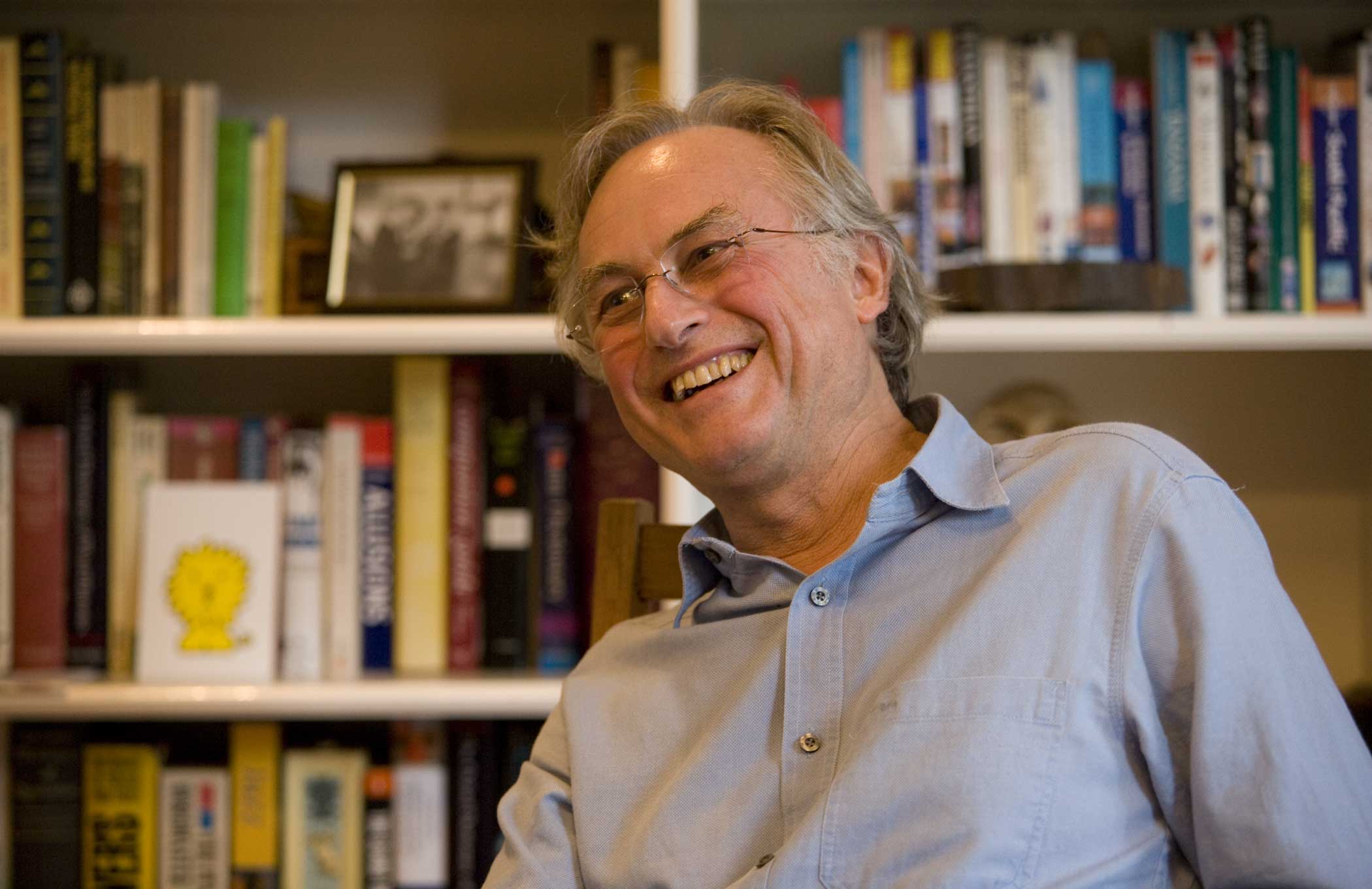
There's an interesting piece on the Catholic Herald's website, in which Ed West argues that the high watermark of so-called "New Atheism" has passed, and suggests that public enthusiasm for the trenchant non-religion of Richard Dawkins is on the wane.
It's a view that will surely be welcomed by Catholic Herald readers, but is it true? Ultimately, I think it comes down to what we mean by "New Atheism". West doesn't really provide a firm definition, but then again I'm not sure anyone ever has, and that's been a problem ever since the term entered public debate following the publication of Dawkins' God Delusion in 2006.
Really, all "New Atheism" has ever been is convenient media shorthand for collectively describing the work of a number of atheist authors, in particular Dawkins, Daniel Dennett, Sam Harris, and the late Christopher Hitchens. Each author took an uncompromising view toward religion, and their views captured the imaginations of large numbers of readers, particularly in the United States and Europe. In the press, this atheism was collectively branded "New Atheism", even though it was not clear exactly how it differed from "old atheism", and a narrative took hold which cast this "New Atheism" as the only atheist game in town.
Of course, the problem with this narrative, as with most media narratives, was that it never really reflected reality. Sure, there did appear to be heightened public interest in the work of Dawkins et al, and a certain form of strident atheism did seem to become popular, particularly online, but the "atheist community", such as it existed, remained a broad one, just as it always had been. Uncompromising atheism grabbed the media headlines, but other forms of atheism continued to exist alongside it.
So whether "New Atheism" is on the wane depends on what we're talking about. There's no way of arguing that atheism as a whole is in decline. Quite the opposite – just look at the 2011 census, or the continuing growth of humanist/atheist/secular organisations, including this one.
There is, however, a case for saying that less strident forms of atheism have come to the fore of late. The Sunday Assembly (aka the "Atheist Church") is one example, and you only need to read the interview with the British Humanist Association's new president Jim al-Khalili in the current issue of New Humanist to see how atheism does not need to mean open hostility to religion.
But does this mark the death of "New Atheism"? The main problem with West's argument is there's no real evidence that its popularity has declined, beyond the sense that it's being talked about less in the press. I'd agree that the media narrative appears to have moved on, but I'd also point out that books like The God Delusion continue to sell large numbers of copies. There must be thousands, if not millions, out there who identify with the uncompromising, Dawkins-style take on religion, and I'd bet that if the Professor published a new book on the issue, it would rise to the top of the best-seller lists just as The God Delusion did in 2006.

